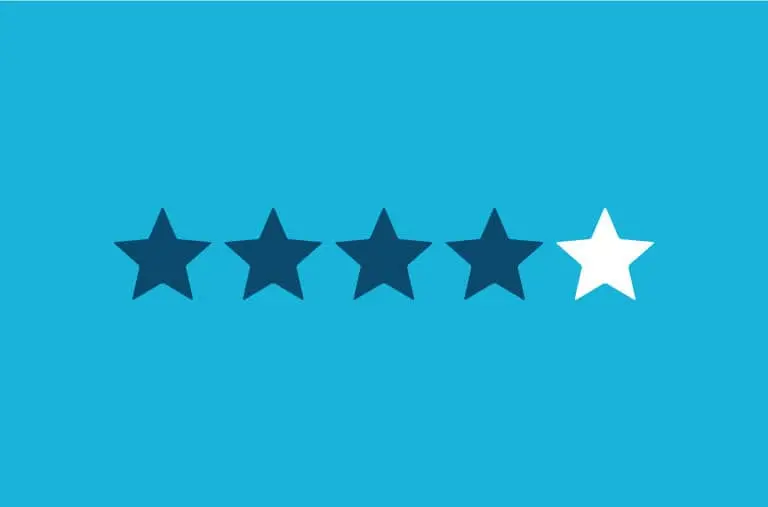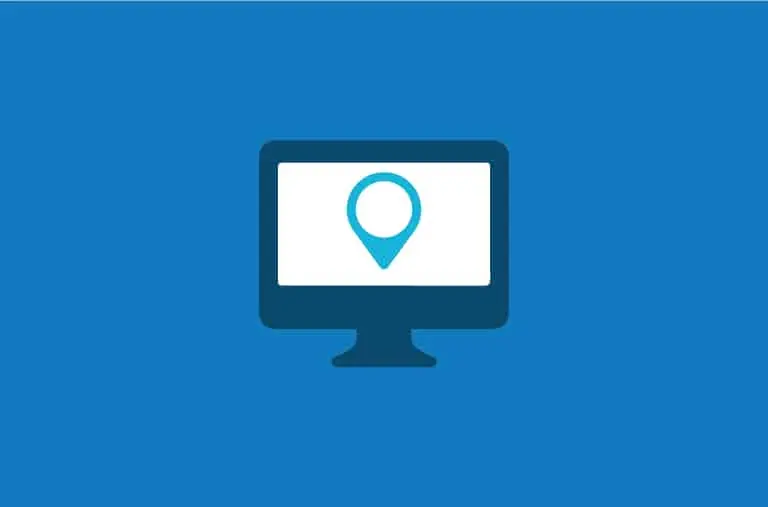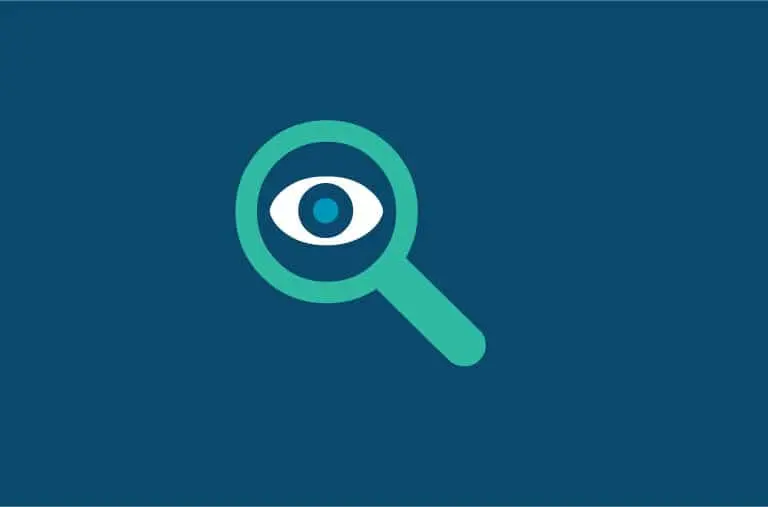Wholesale and distribution CRM use several methods and procedures to manage complex businesses. These business processes include relationships with customers, product manufacturers, and others in the supply chain.
They need to increase their sales and productivity to outperform their competition and remain viable in the marketplace. This is achieved by reducing sales cycles, cutting costs, and improving customer service.
Like manufacturers, distributors focus on their supply chain for relationship and transactional data. The difference between the two is that the manufacturers’ upstream is primarily OEM and raw material suppliers. Distributors’ typical upstream supplier is the manufacturer because they are a middleman in the selling process.
A viable distributor-centric CRM solution will help nurture both types of partner relationships.
CRM for Distributors & Wholesalers
There are practical uses of CRM software that are uniquely important for distributors. These include integrated lead management, product marketing, sales management, and customer support.
Wholesale & distribution CRM helps sales reps cultivate new leads and nurture ongoing relationships. Reps log sales activities, record customer notes, and foster internal collaboration. These activities result in higher sales and better customer service.
CRM tools place most of their focus on either the “management” or the “customer” side of the business. “Management” enables sales teams to manage the lead prospecting and qualification process. The “customer” side focuses on cultivating long-term relationships. While combining both sides is necessary, distribution CRMs tend to lean toward the “customer.”
CRMs built for distribution companies assist in getting actionable customer insights. This real-time data helps their salesforce to convert leads into buyers. It automates intensive customer-centric processes and provides marketing and sales management tools. These features also assist with supply chain management, procurement, inventory planning, etc.
Essential Benefits of CRM for Distributors:
- Manage accurate customer contact information
- Manage sales pipeline or territory results through effective opportunity tracking
- Provide data for coaching by sales managers
- Improve handling of leads and prospects
- Automate real-time sales reports and analytics/business intelligence
- Provide data for management decisions
- Execute marketing programs through sales teams
- Optimize product mix sold to customers
- Improve the accuracy of sales forecasts
- Provide better customer service through enhanced issue resolution
- ERP integration creates a complete picture of the customer relationship.
Sales
Wholesalers and distributors have unique needs when running a business. You must have extensive knowledge of each customer relationship. New and repeat customers expect their vendors to understand their needs from the beginning.
Distribution CRM solutions help salespeople to become more opportunistic and proactive (as opposed to reactive ‘order takers’). This is important because most distributors’ sales processes tend to emphasize value selling. This is a shift from transactional activities and relationships based on personality, which helps customers succeed and measure results using the customer’s metrics.
Most B2B market sales teams focus on finding and closing new business. But, distribution and wholesale industries are more about building ongoing relationships. Sales reps cultivate these relationships with product education, merchandising support, and inventory management.
Sales Mapping
Wholesale and distributor sales teams are typically focused on specific geographic territories. And, there is usually a great deal of travel involved, depending on the size of their sales territory. Reps can benefit from CRMs with a mapping tool to optimize each day’s travel.
Reps can focus on customers and prospects in a specific region. They can map this information on their mobile CRM, making them more efficient and productive.
Salespeople using CRM software to manage their opportunities and customer interactions optimize their performance and productivity. Management has a more accurate view of forecasted business and a full picture of where reps stand with each prospect in their pipeline.
Customer Service
There are approximately 700,000 companies in North America distributing products and services. These distributors have unique concerns and challenges that set them apart from other types of companies. The best way to differentiate themselves is through quality support in their customer service.
Support ranges from answering questions about a shipment to recording problems with the product. Having all this valuable information available to all team members keeps everyone updated with happy customers.
Customer retention and satisfaction are critical for distribution companies. Their CRM system must have an effective ticketing system that allows for escalation. It should also have an integrated knowledgebase system for quick feedback to the customer.
Another option is the ability of customers to serve themselves. They can open and track tickets as well as search for FAQ articles through the use of a self-service portal. This can be a differentiator that can set them apart from the competition.
Marketing
Distributing to wholesalers, retailers, end-users, or dealers, results in varying expectations. Managing their buying preferences effectively is key. They have to be treated as separate markets instead of one mass market. Each has its own needs and expectations.
Offering a promotion to an individual end-user differs from providing a promotion to a national wholesaler. The CRM system can help manage each customer segment’s preferences with all the information in one place. CRMs create email campaigns for specific groups and track the corresponding performance statistics.
Mobility
An effective CRM mobile platform is necessary for distribution teams to conduct business. Salespeople can continue to focus more on selling and less on procedures with mobile CRM. Mobile apps allow reps to have complete customer information at all times.
Collaboration & Communication
CRMs help distributors improve cross-functional collaboration within their organizations. They can achieve results-focused partnerships with their suppliers as well as their customers.
For upstream, distributors can use CRM to generate and share custom reports in their supply chain. The distributor can use the CRM to improve downstream product and supply chain deliverables. This will help build new customer relationships leading to new business.
Conclusion
Please check out our Distribution Page, or if you have questions, please call us at 972.304.7100. We’ve been helping Wholesalers and Distributors with their CRM needs for over 25 years.







